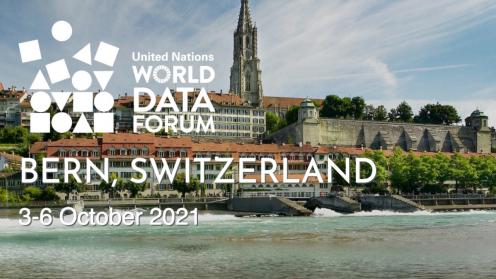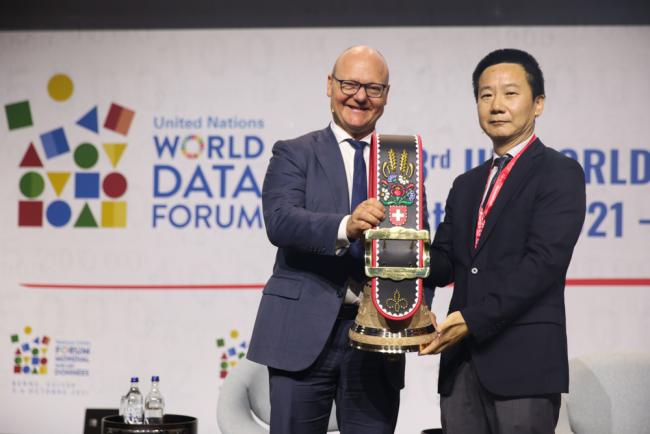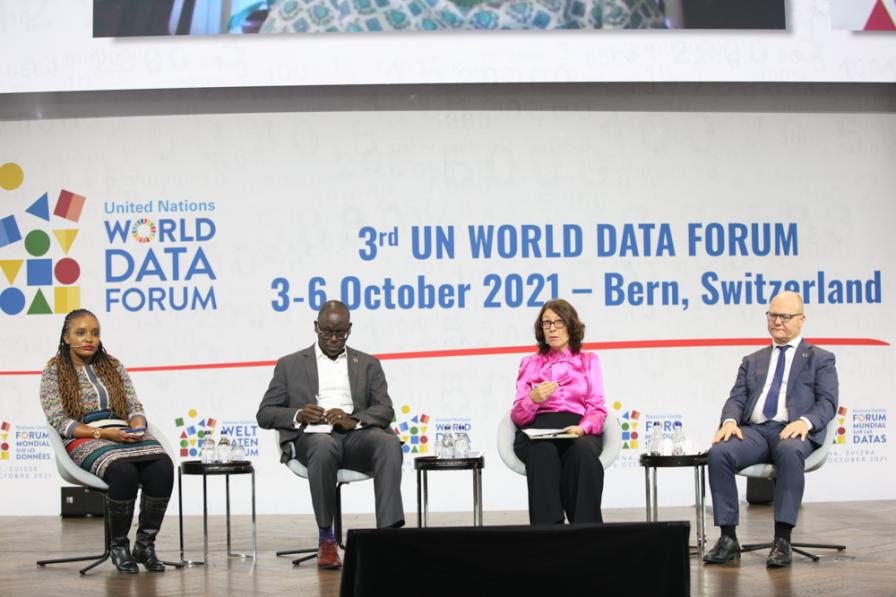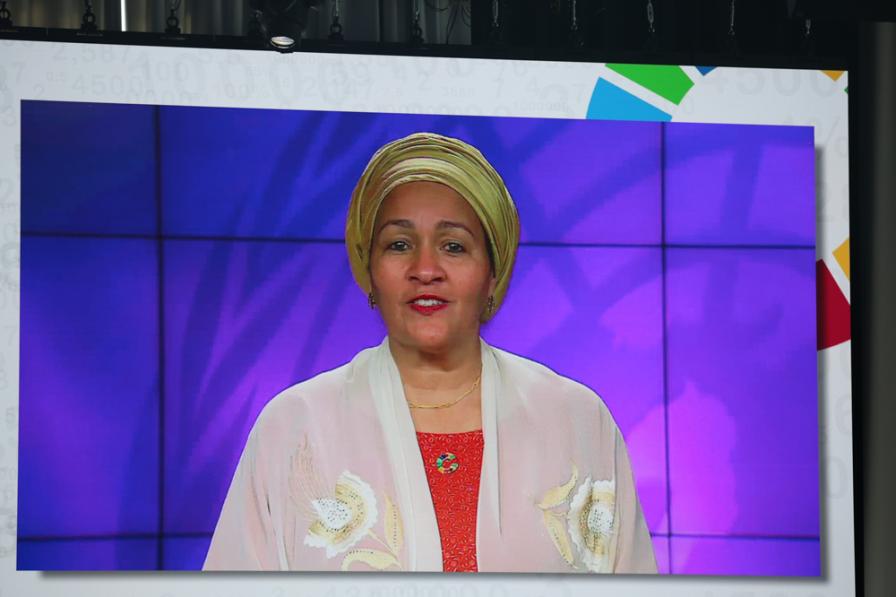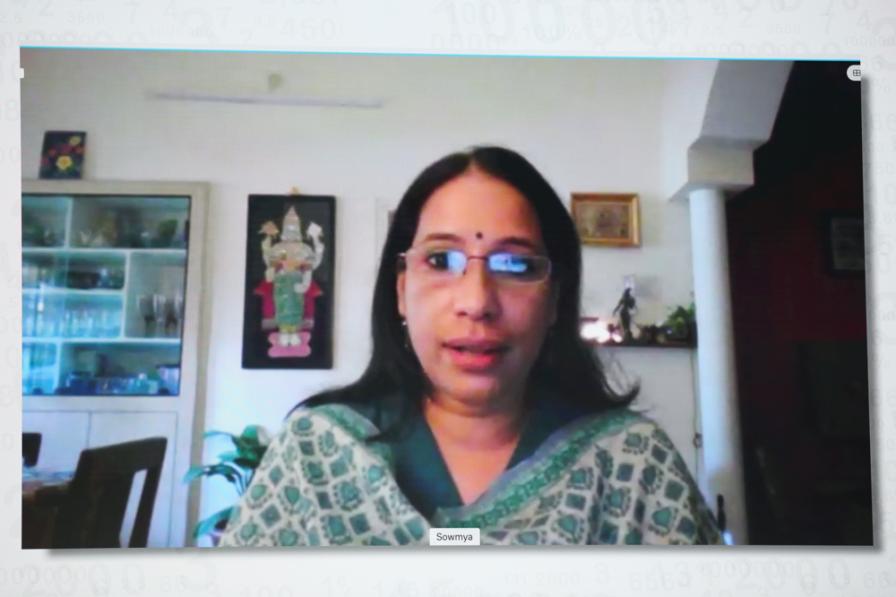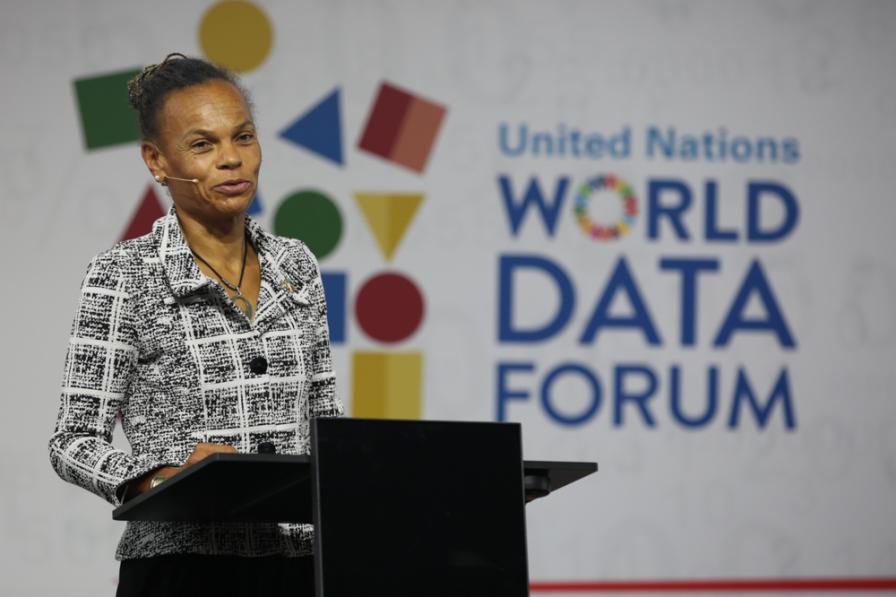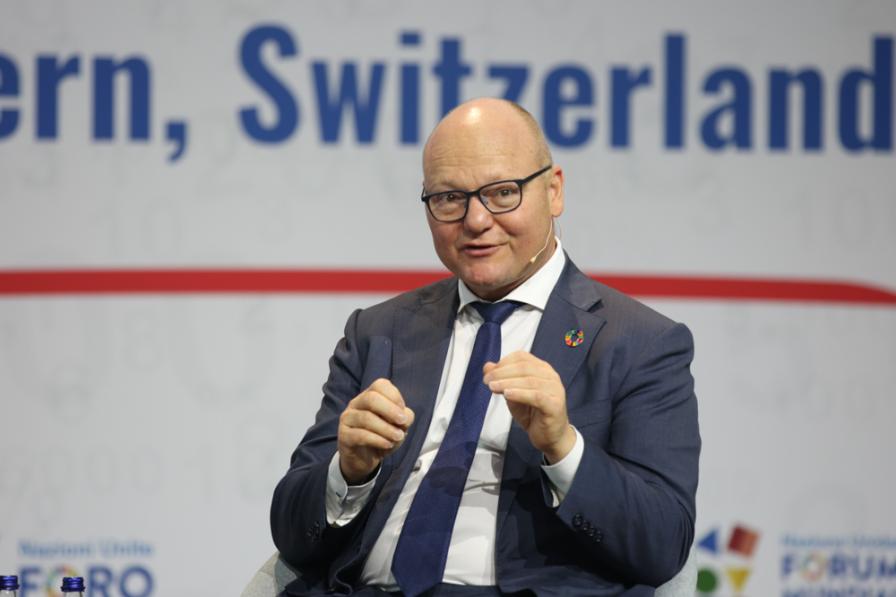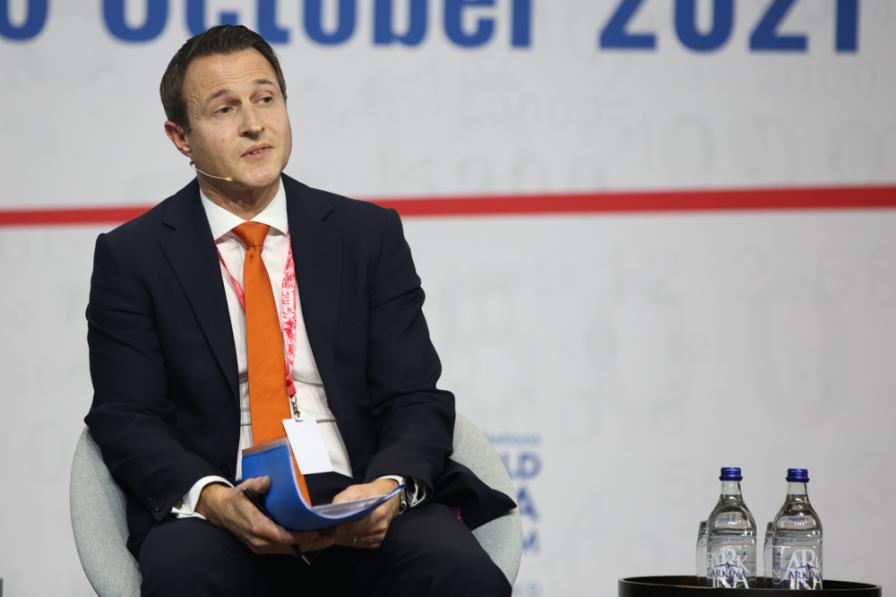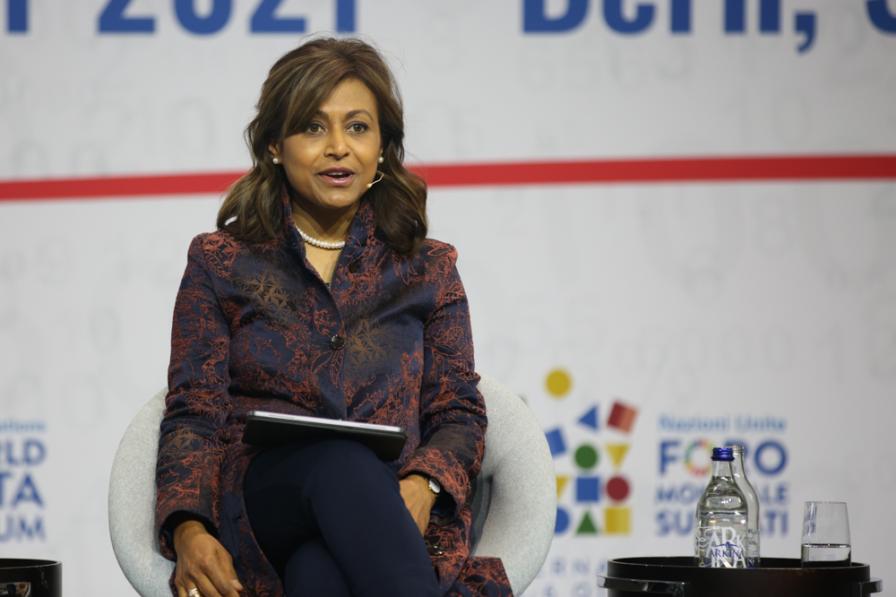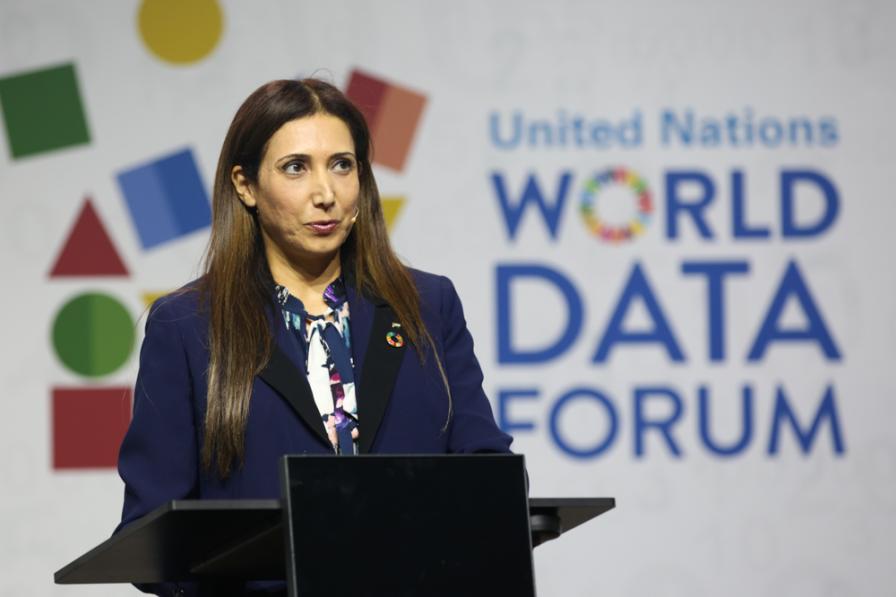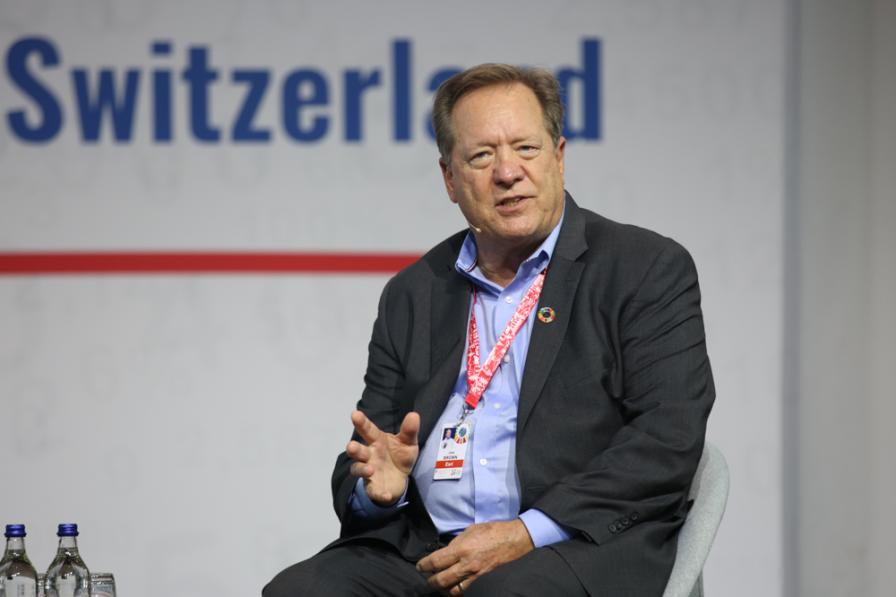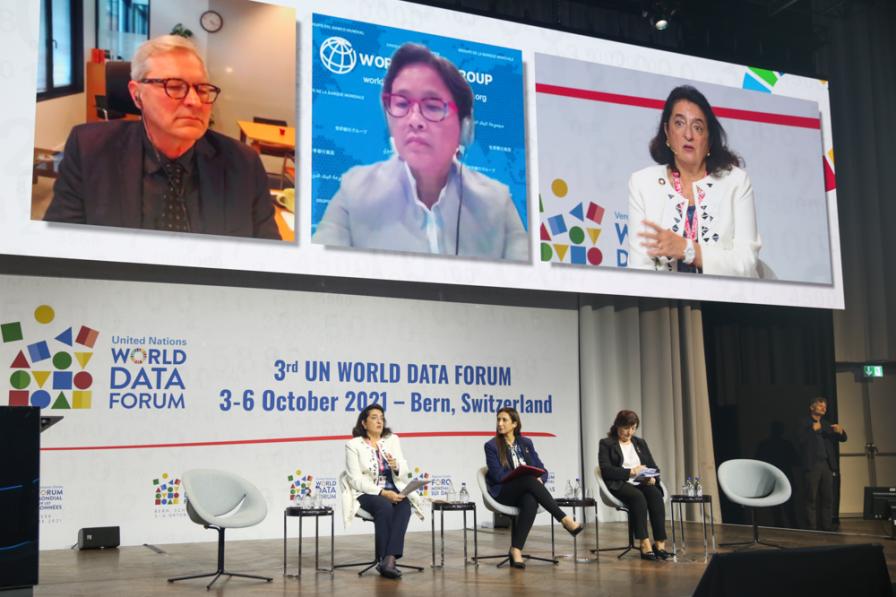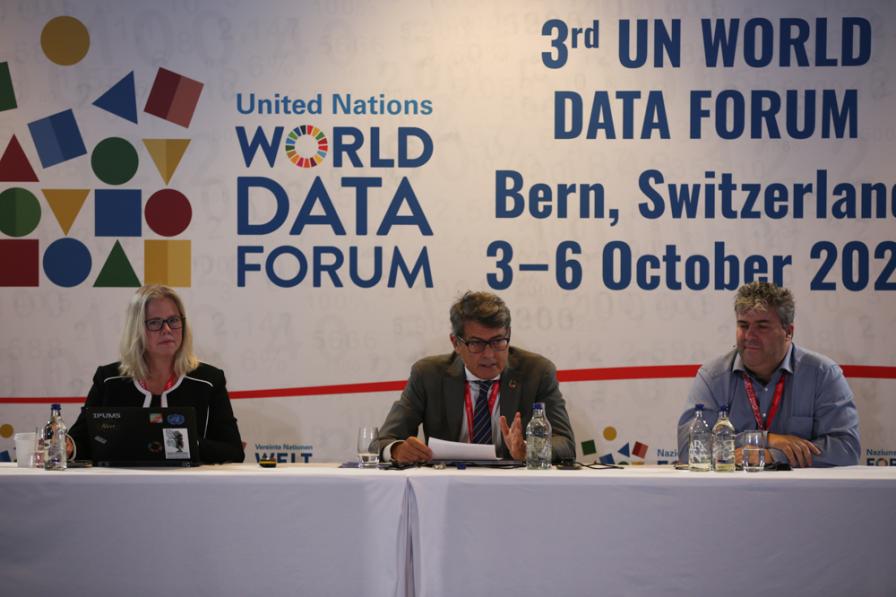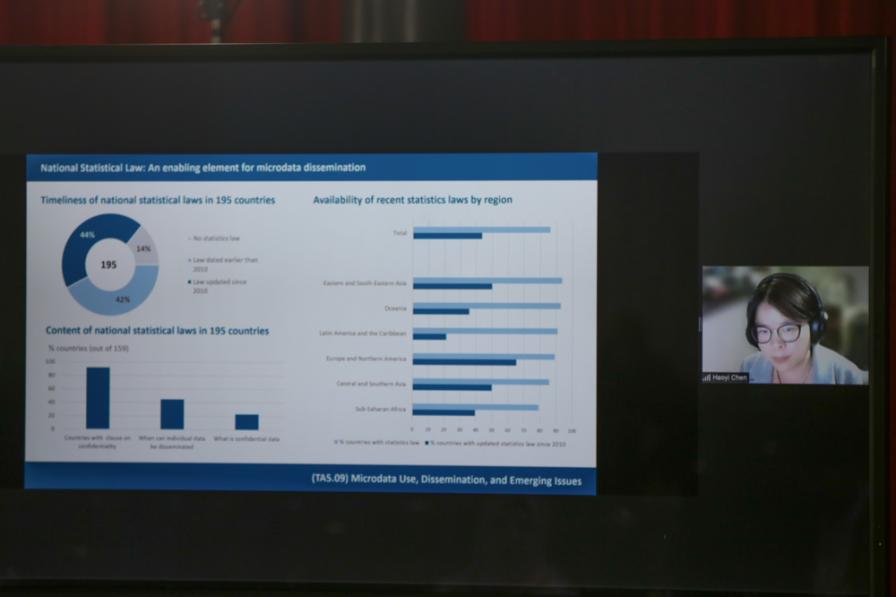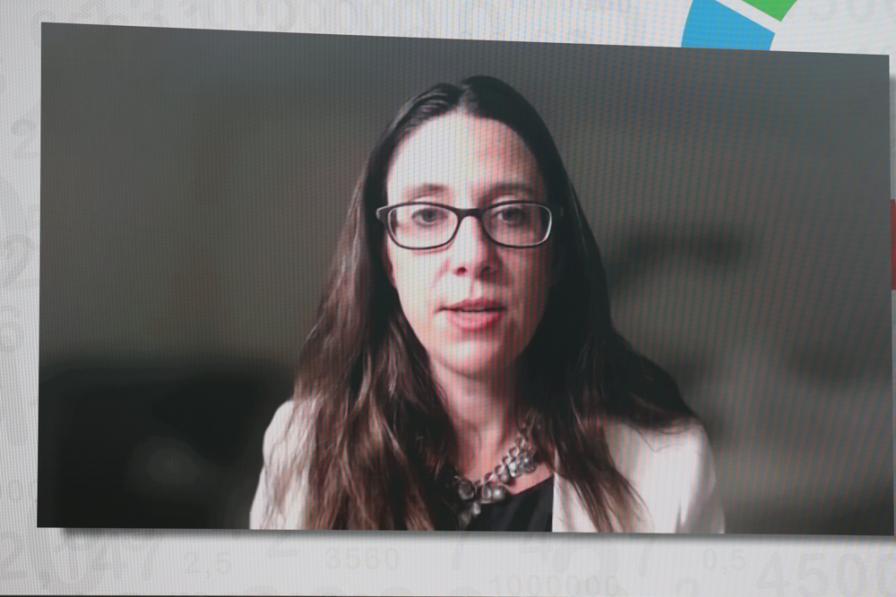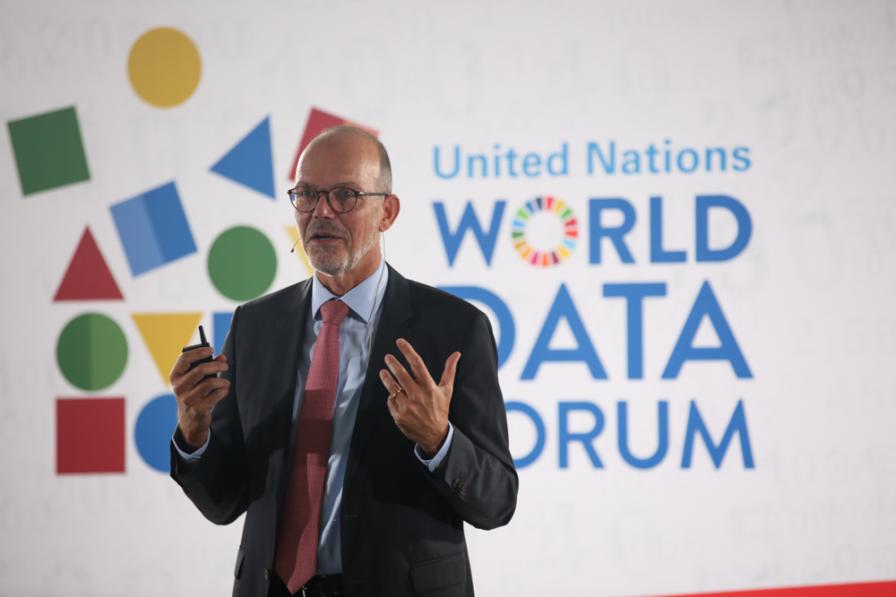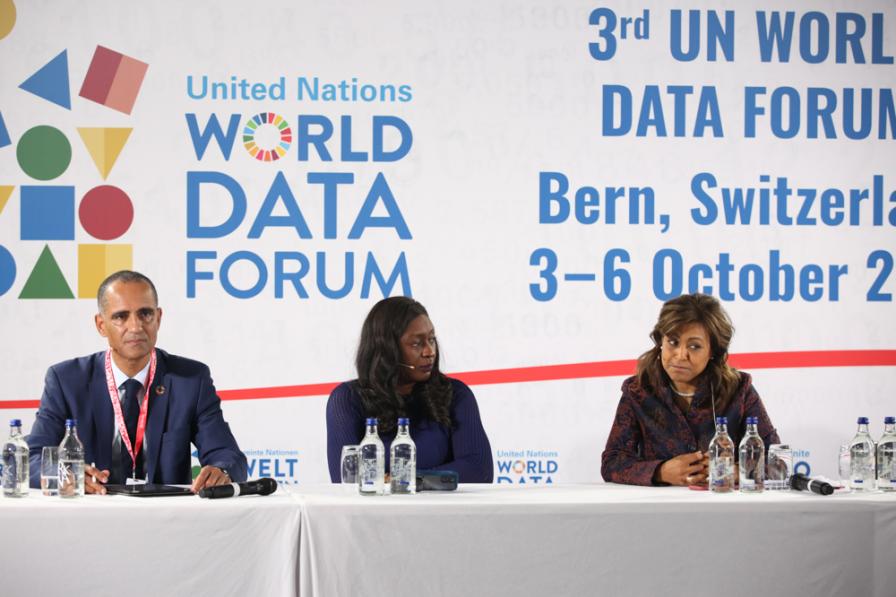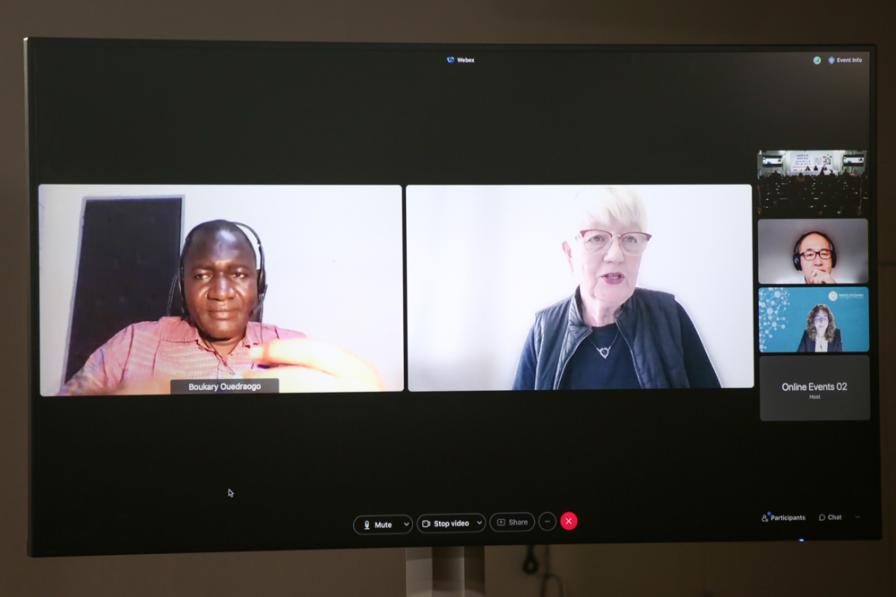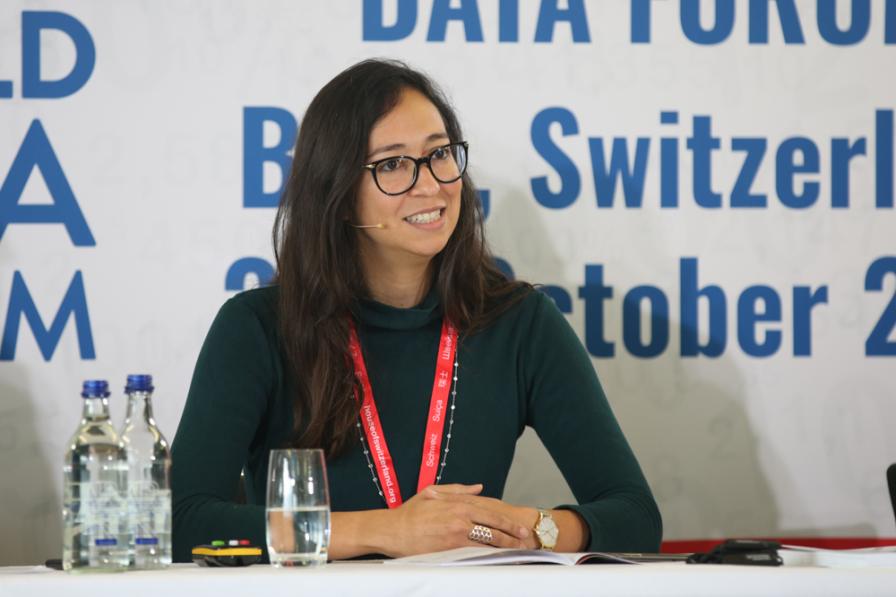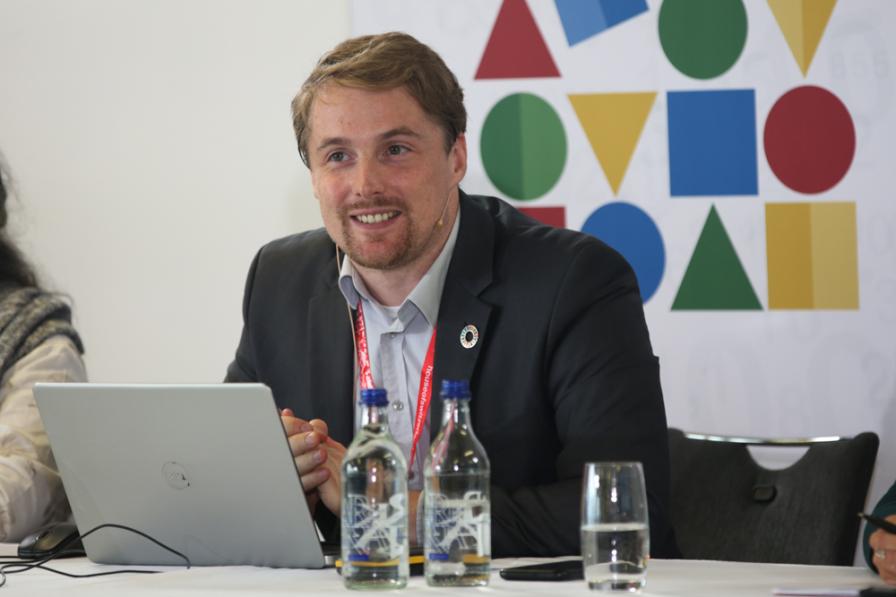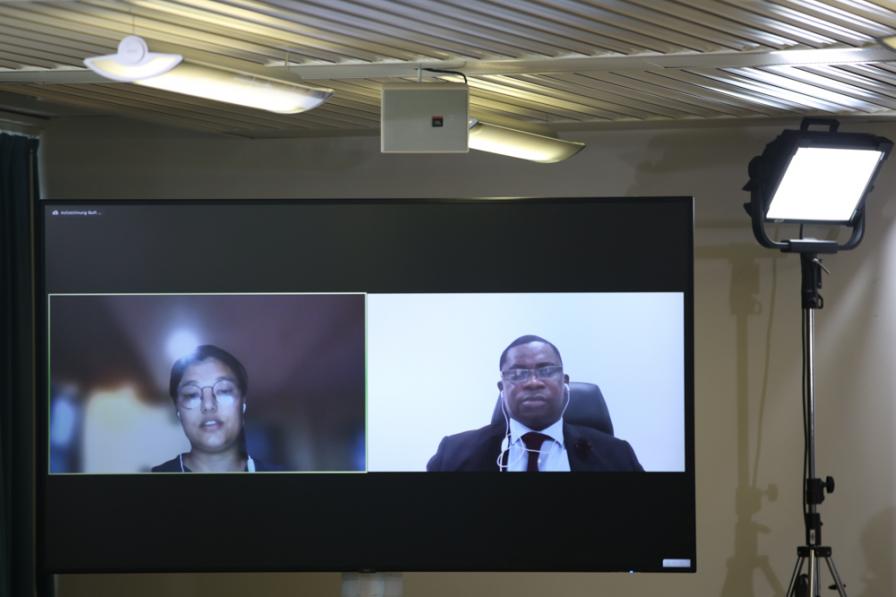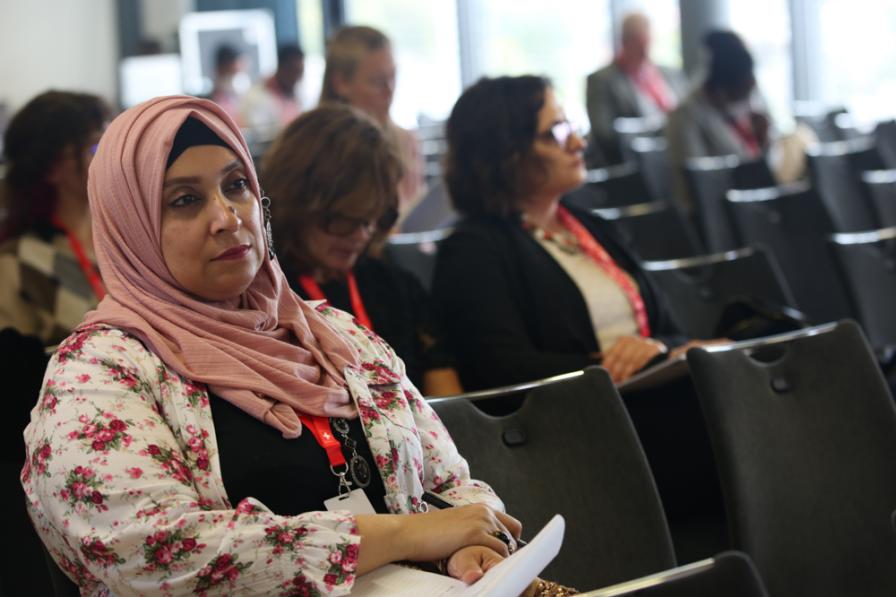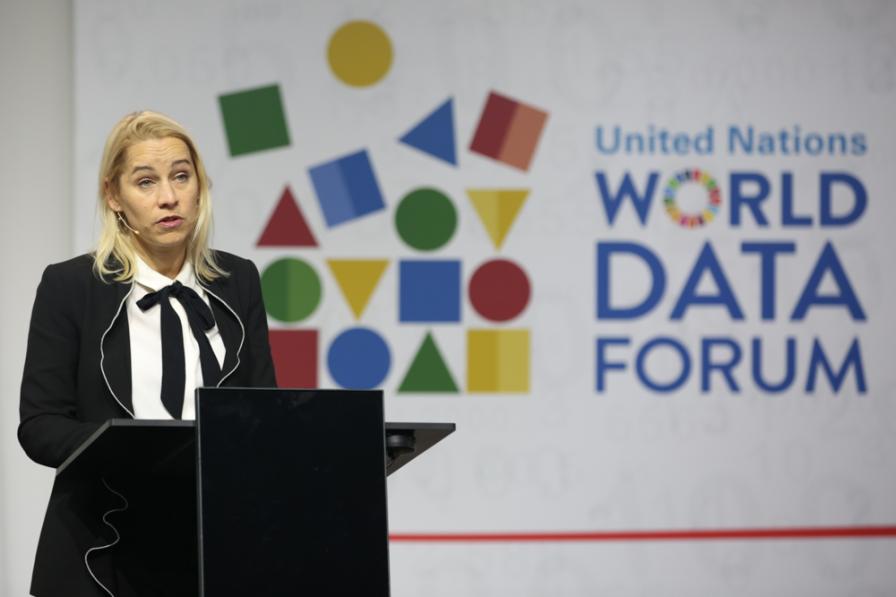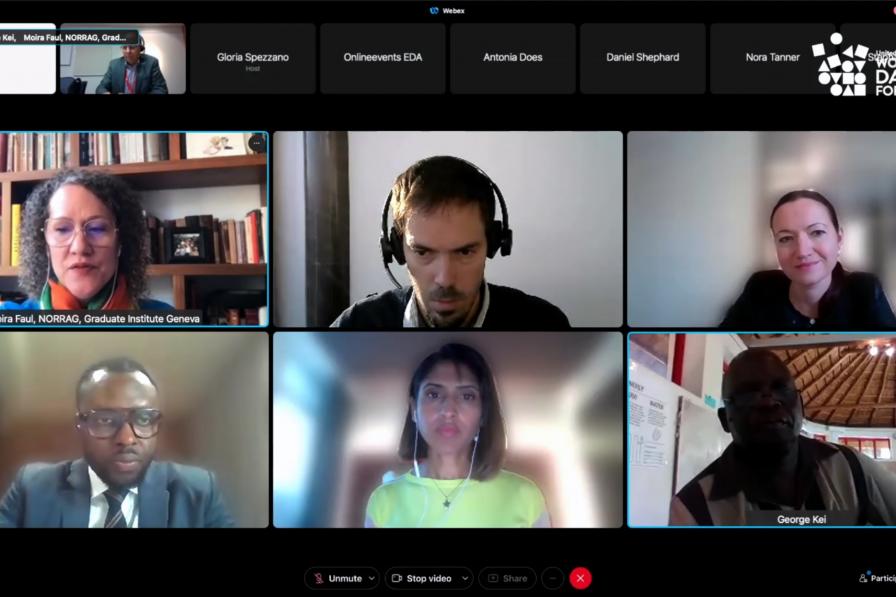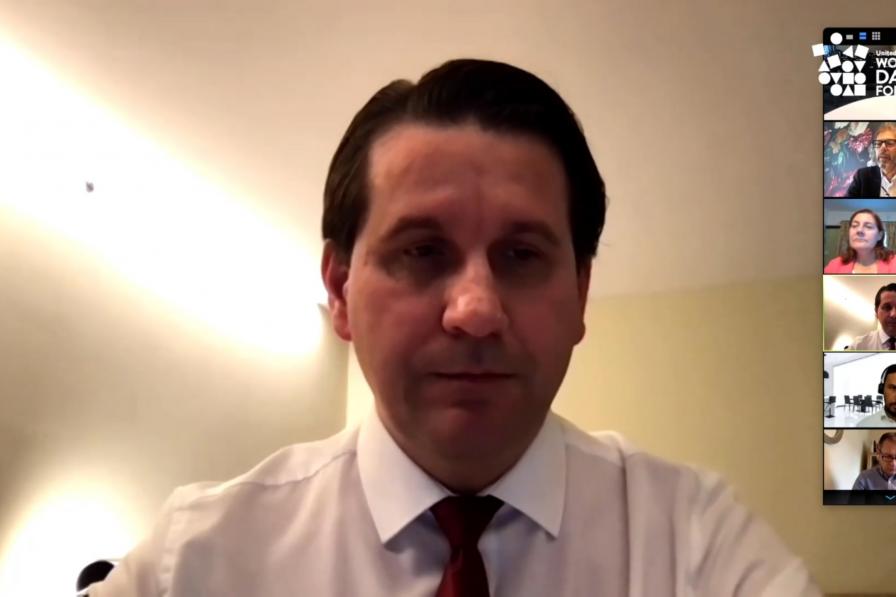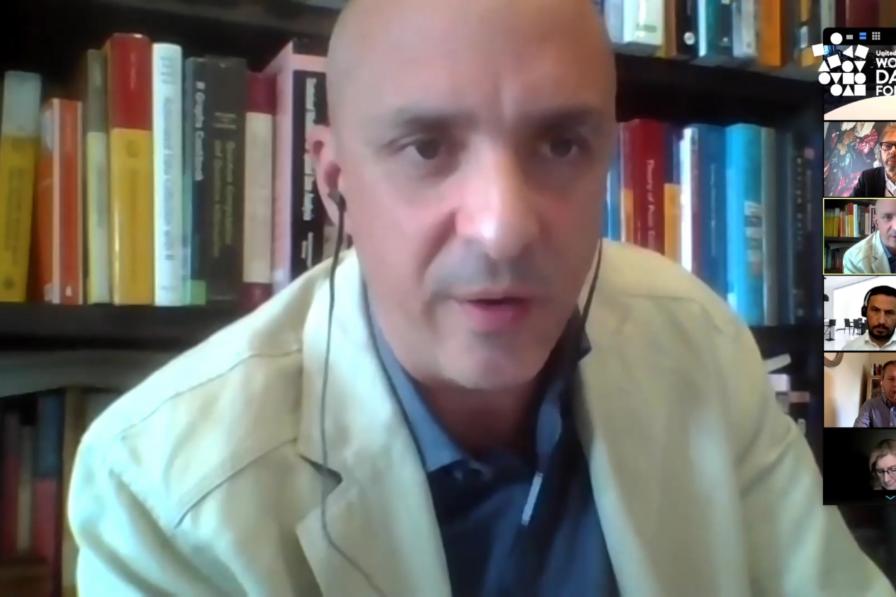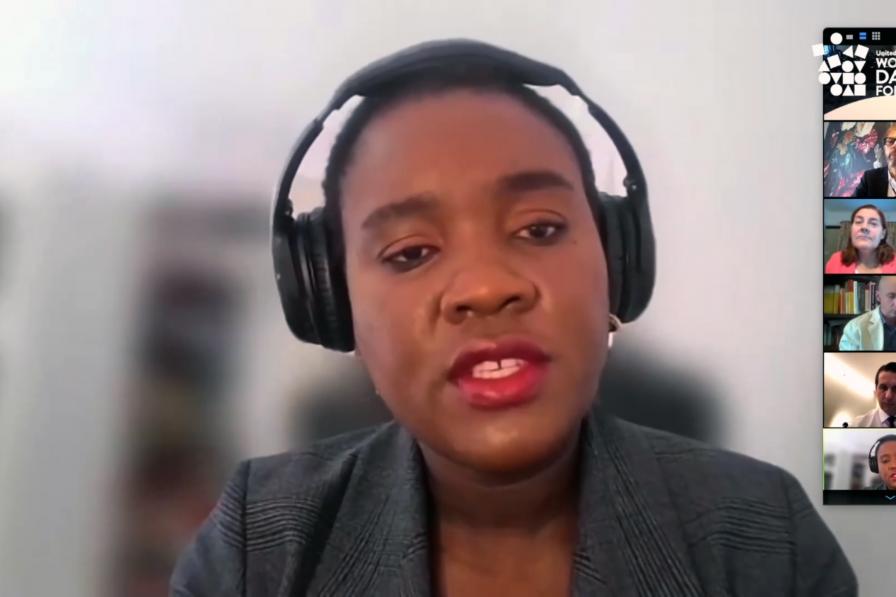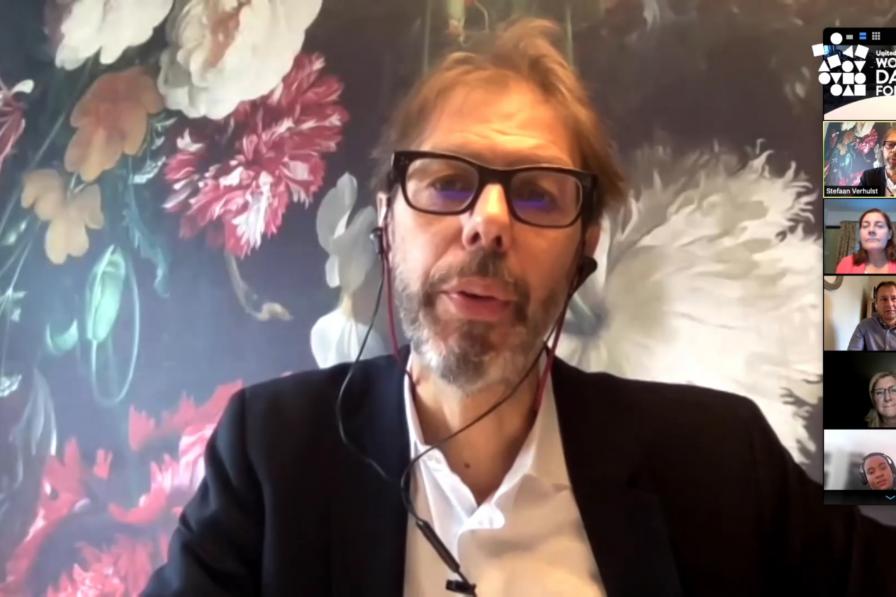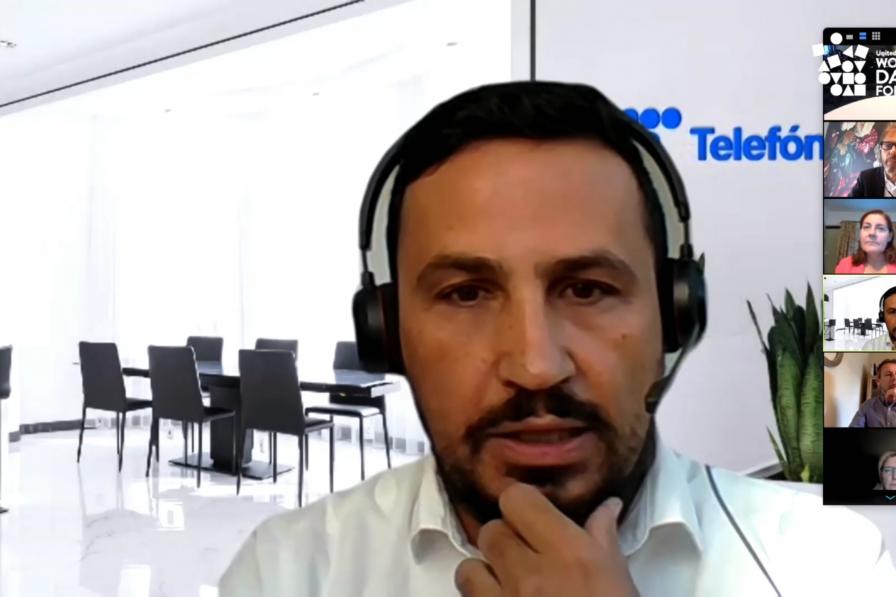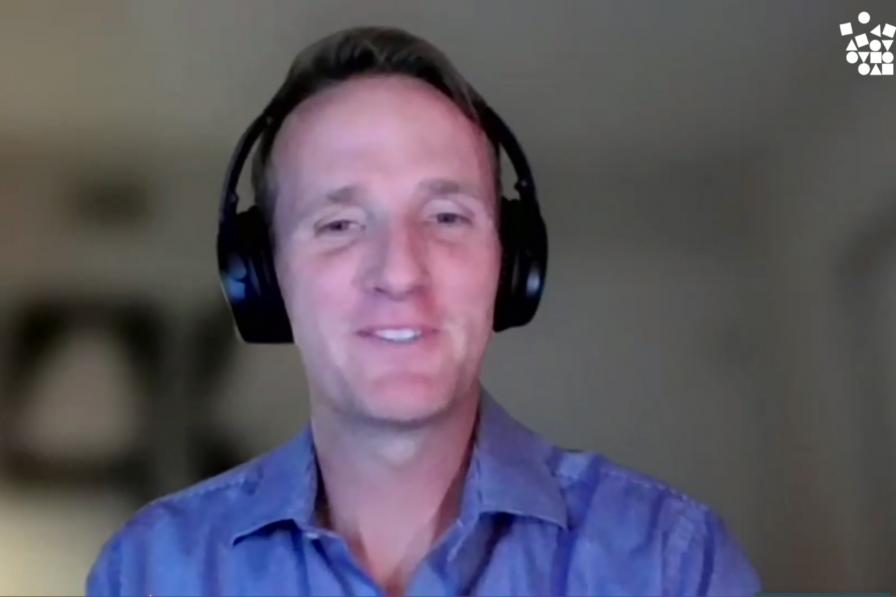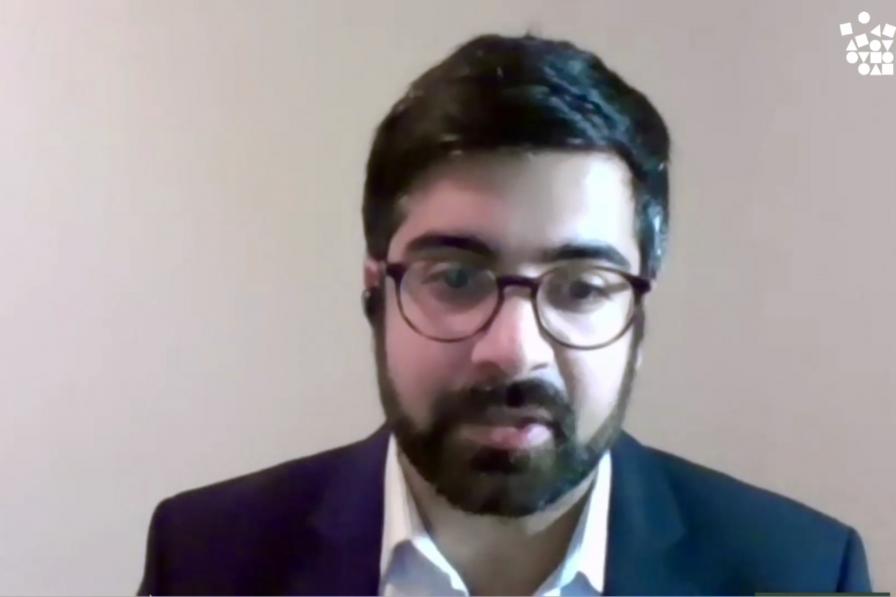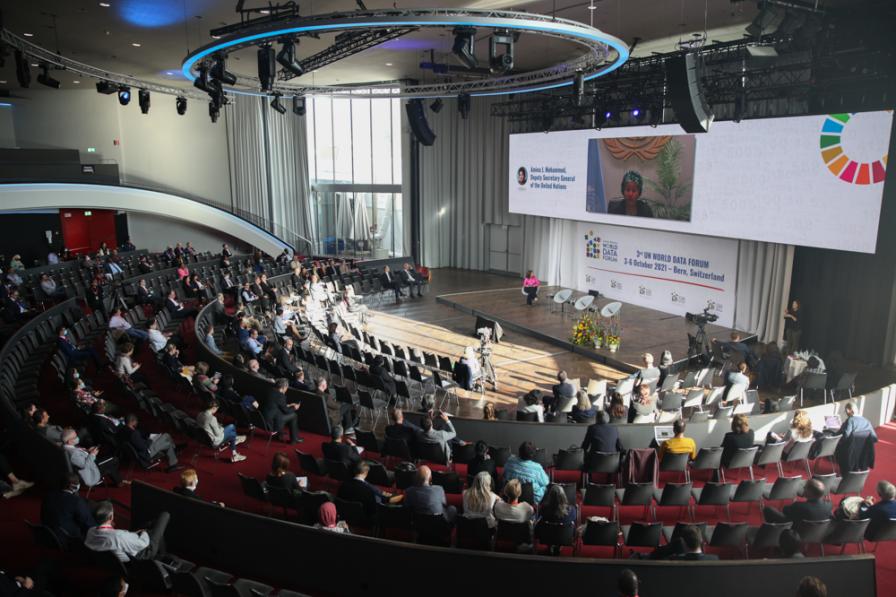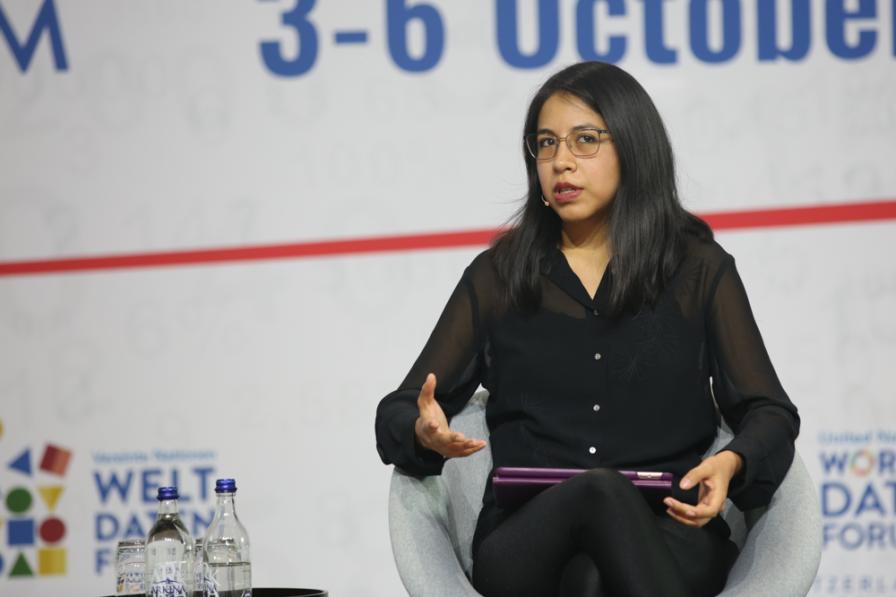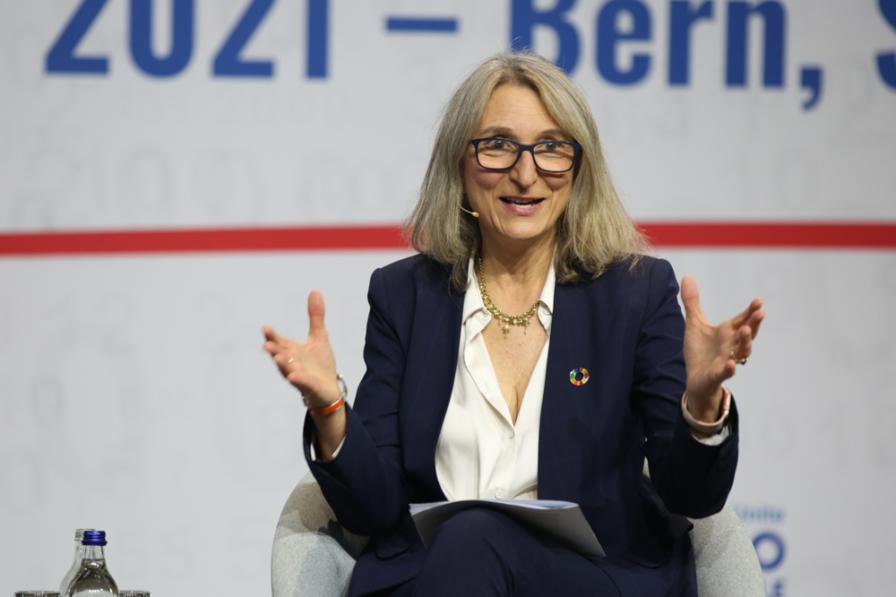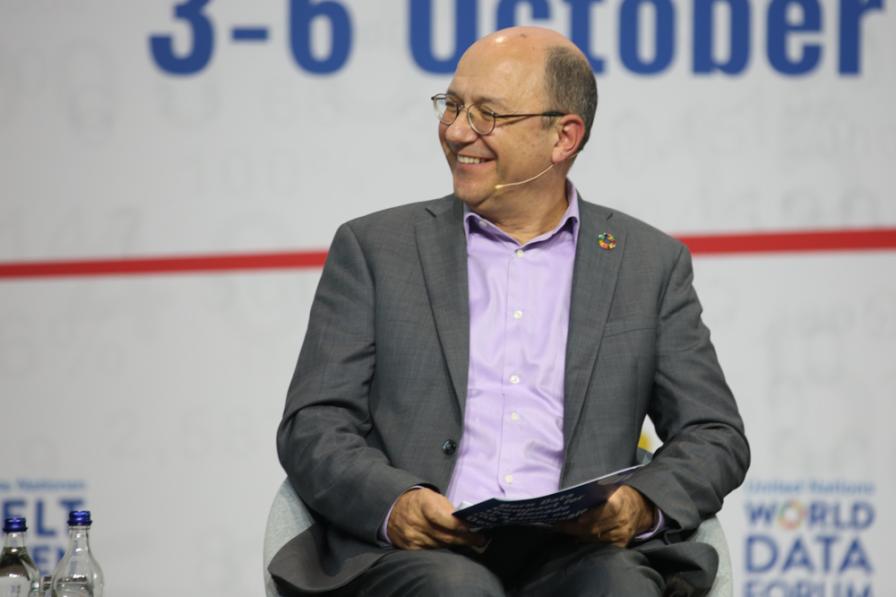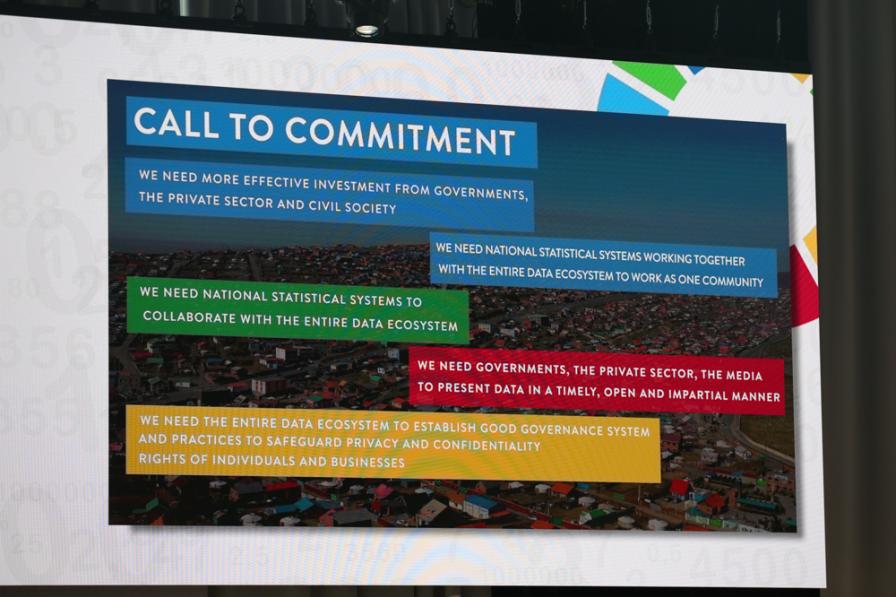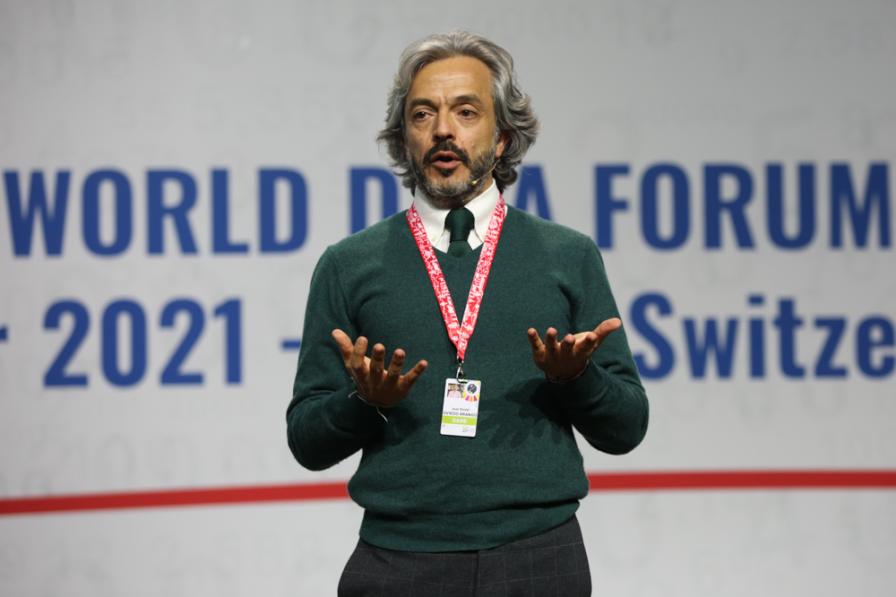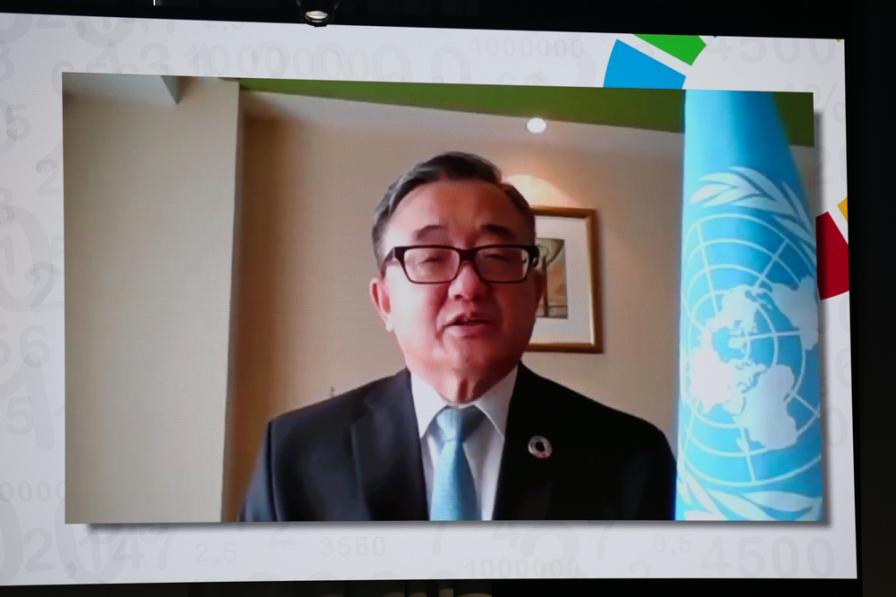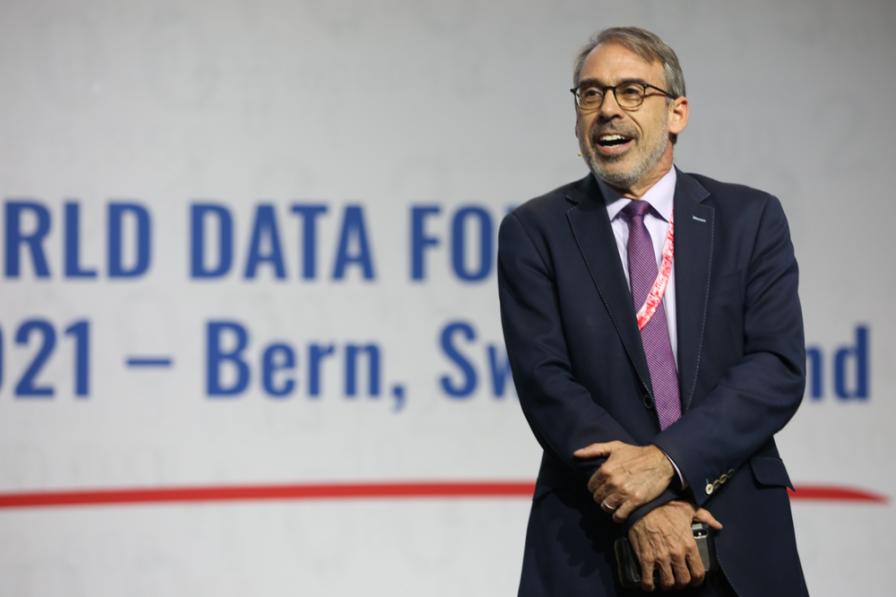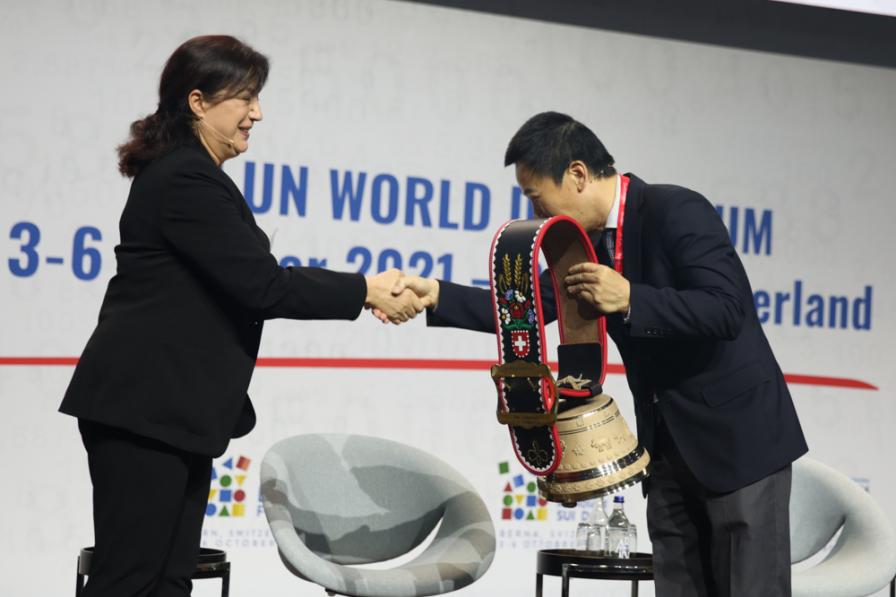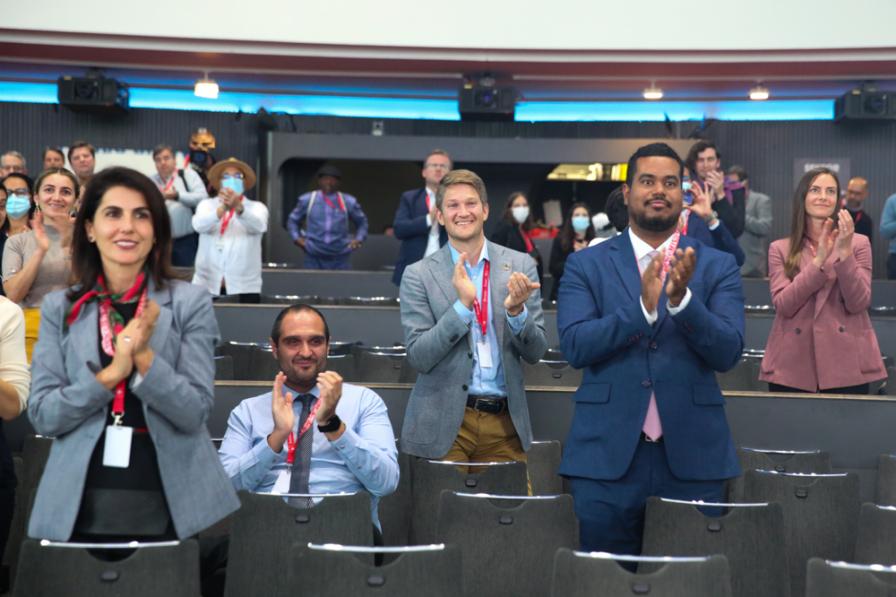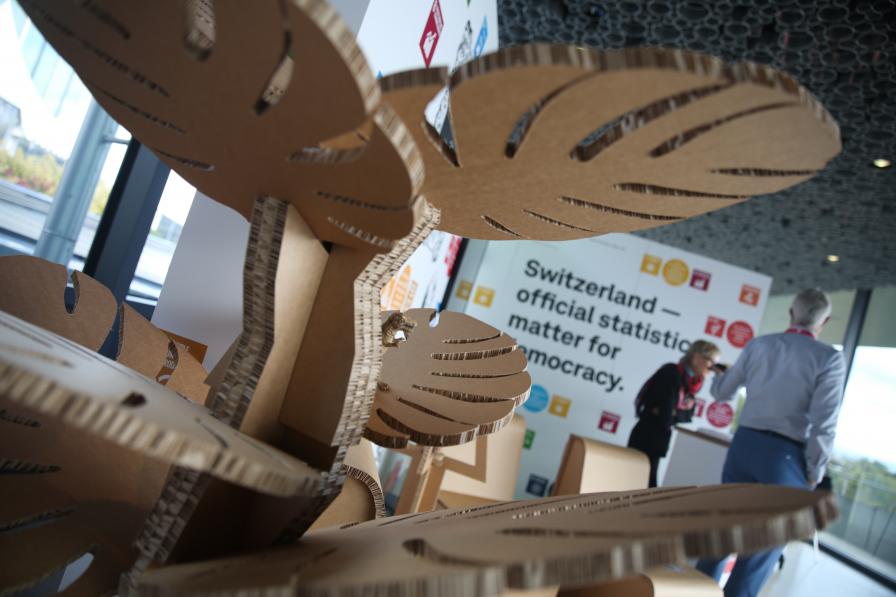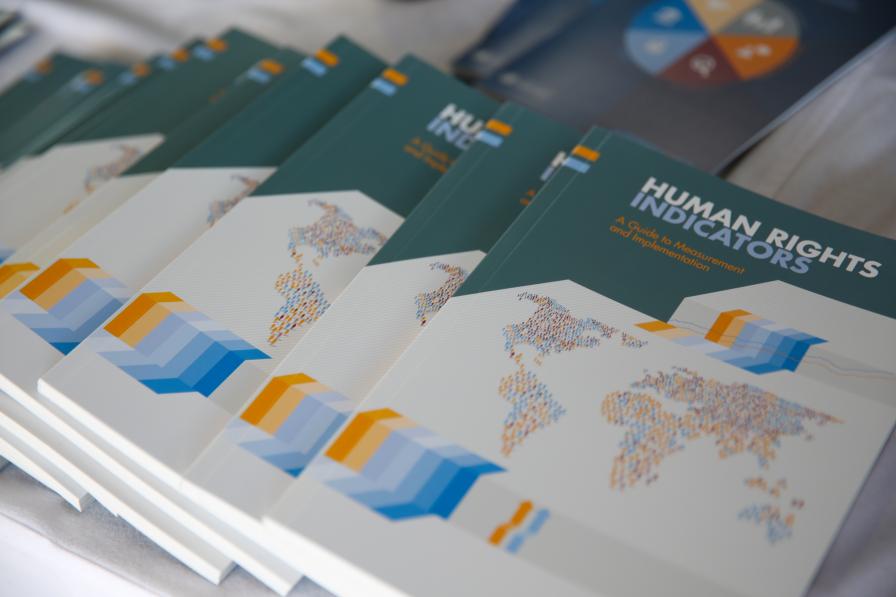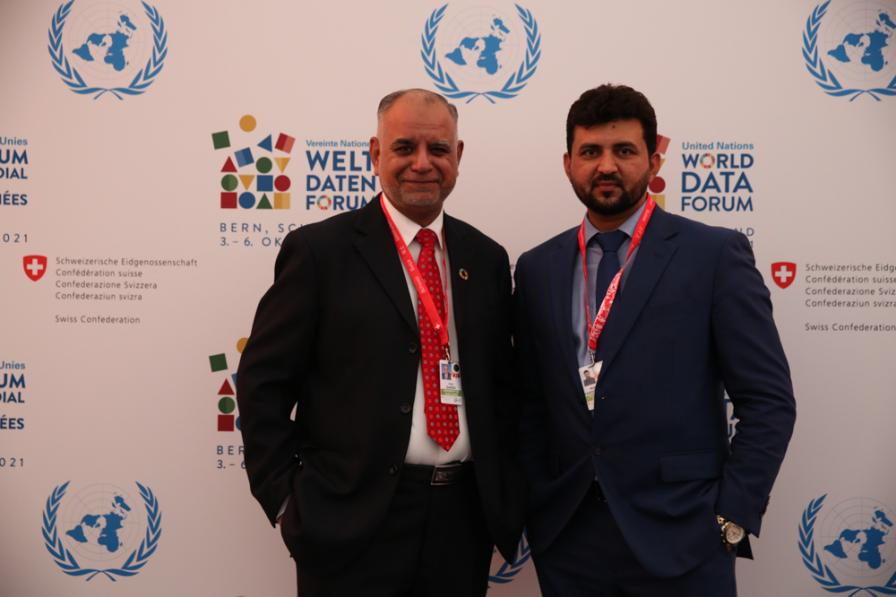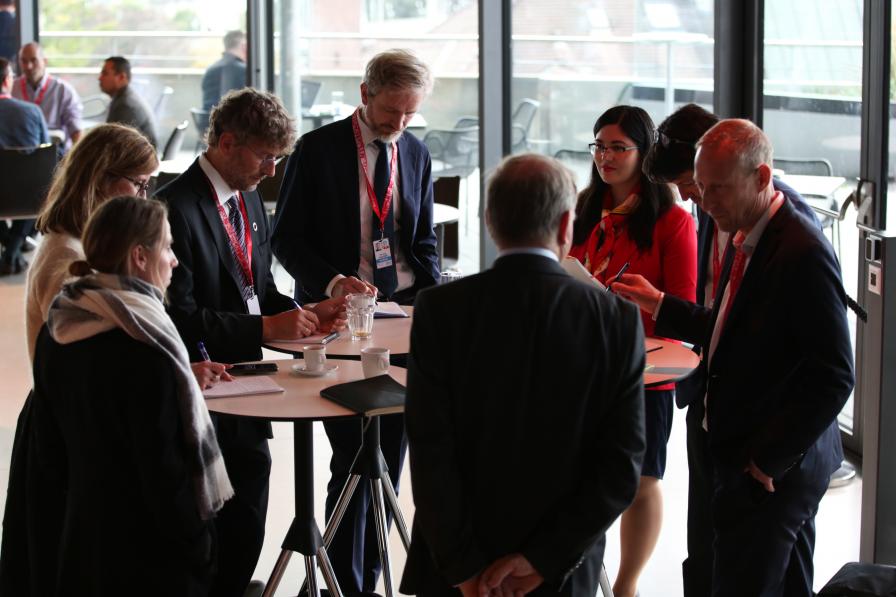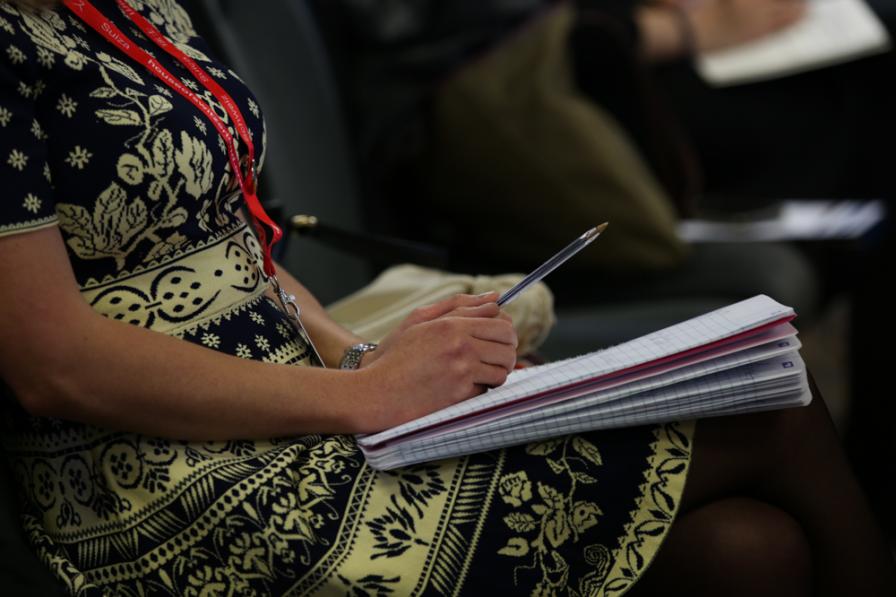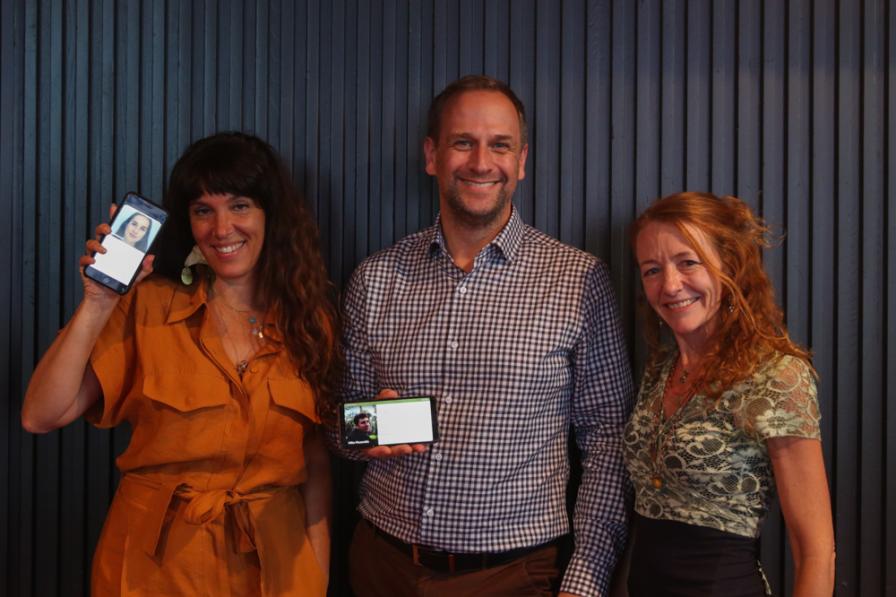Amina J. Mohammed, UN Deputy Secretary-General, addressed a high-level plenary highlighting that putting data in the hands of citizens fosters transparency and accountability.
Sowmya Kidambi, India, shared how a public auditing initiative ensured that tax funds effectively reached intended beneficiaries. Aidan Eyakuze, Executive Director, Twaweza East Africa, noted the importance of feeding back poll results to participants. Fridah Githuku, Executive Director, GROOTS Kenya, pointed to community-led data collection and advocacy work on gender equality.
Georges-Simon Ulrich, Director General, Swiss Federal Statistical Office, encouraged developing capacity on new tools, such as machine learning, and addressing their possible biases. Patricia Danzi, Director General, Swiss Agency for Development and Cooperation, said both the state and citizens should be accountable.
Opening a second high-level plenary, Samira Asma, World Health Organization (WHO), said the world was unprepared for COVID-19 from a data perspective. Samuel Kobina Annim, Ghana Statistical Service, said the statistics community is transitioning towards leveraging non-traditional data sources.
Clint Brown, Director, Environmental Systems Research Institute (Esri), said the pandemic triggered rapid action by the geospatial community. Ola Awad, President, Palestinian Central Bureau of Statistics (PCBS), celebrated the launch of the Clearinghouse for Financing Development Data. Maria-Francesca Spatolisano, UN Department of Economic and Social Affairs (UN-DESA), emphasized smarter investments to anticipate future demand.
Haishan Fu, World Bank, announced the launch of the Global Data Facility (GDF), which aims to support data and statistics priorities at the global, regional, national, and community levels, thus fulfilling a promise made at the UN World Data Forum (UNWDF) in 2018. Paul Schreyer, Organisation for Economic Co-operation and Development (OECD), said the OECD is considering adopting a recommendation on enhancing access to and sharing data. Panelists were challenged to “count and connect” those who are currently not visible with the same urgency that led to administering six billion COVID-19 vaccines in record time.
During the closing session, Amina J. Mohammed highlighted the opportunity to leapfrog from the innovative partnerships created during the COVID-19 pandemic.
Alicia Maldonado, UN Youth Delegate, Peru, underscored data for “making invisible people visible” by actively engaging them in conversations on policy decisions. Nicolas Kurek, UN Youth Delegate, Switzerland, called for more discussions on data privacy regulations for the private sector.
Francesca Perucci, UN Statistics Division (UNSD), presented the Bern Data Compact for the UN Decade of Action for the Sustainable Development Goals (SDGs), providing commitments to strengthen partnerships and leverage solutions to produce inclusive data. Thomas Gass, Swiss Agency for Development and Cooperation, said data is power and must be given to the people to get everyone involved in achieving the SDGs.
Elsa Dhuli, Albanian Institute of Statistics, announced the fourth UNWDF will take place in Hangzhou, China, in 2023, and the fifth in Medellín, Colombia, in October 2024. Georges-Simon Ulrich, Director General, Swiss Federal Statistical Office, presented a traditional Swiss cowbell to Jiang Xiaowei, Chinese Embassy in Switzerland. Xiaowei said he looked forward to being the next host of the UNWDF.
Stefan Schweinfest, Director, UNSD, reported 6983 people participated virtually in the hybrid Forum and urged the data community to “stick together.” Liu Zhenmin, Under-Secretary-General, UN-DESA, congratulated participants on advancing cutting edge data solutions and partnerships. Ulrich closed the Forum, urging everyone to take the inspiration gained in Bern home and turn it into action.
Selected Videos from the Parallel Sessions
To receive free coverage of global environmental events delivered to your inbox, subscribe to the ENB Update newsletter.
Images from Plenary Sessions
Images from Parallel Sessions
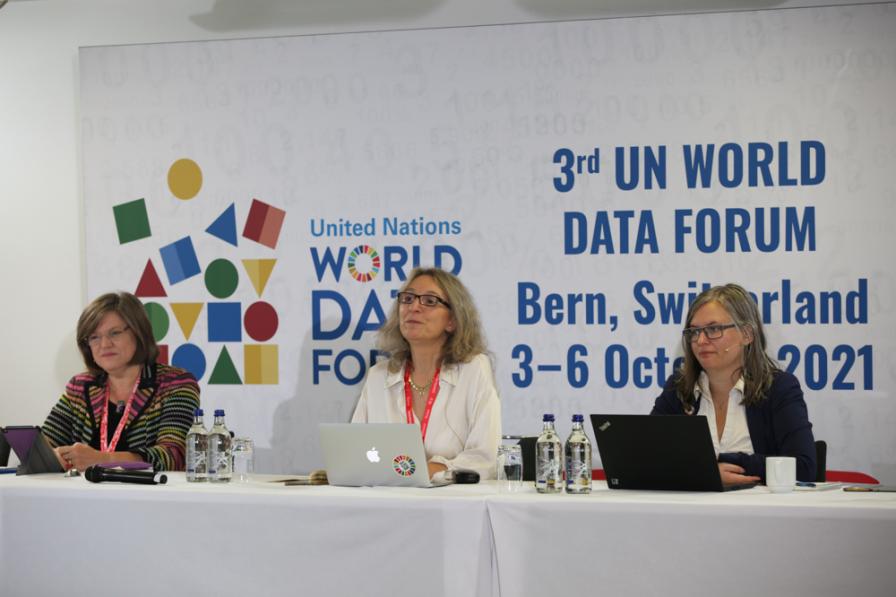
Panel speakers for 'Monitoring the SDGs for everyone: making data widely accessible and engaging stakeholders.'

Grant Cameron, Director, Sustainable Development Solutions Network Thematic Research Network on Data and Statistics (SDSN TReNDS)
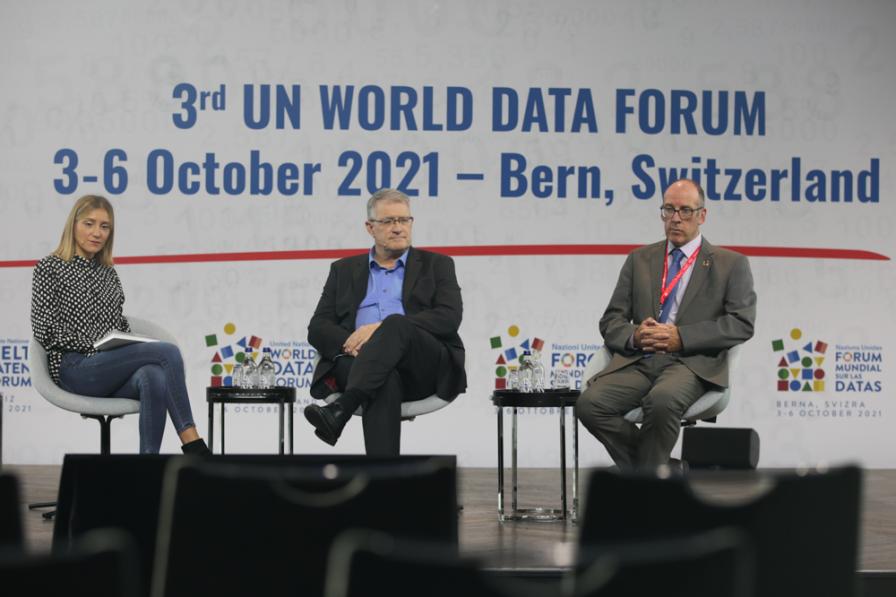
Panel speakers for 'Integrating Citizen Science into the Official SDG Monitoring Mechanisms and Introducing the Global Citizen Science Partnership (GCSP).'
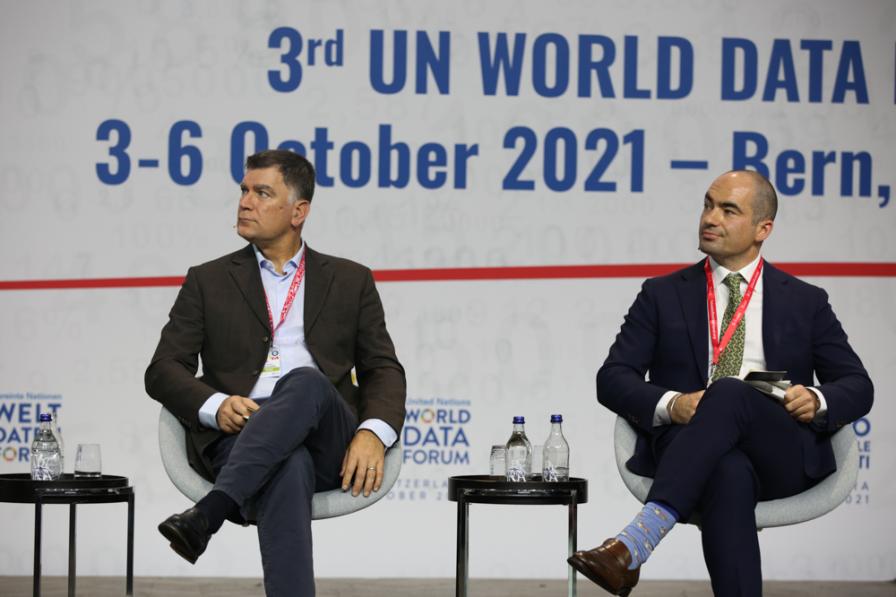
Vincent Cassard, International Committee of the Red Cross (ICRC), and Stuart Campo, UN Office for the Coordination of Humanitarian Affairs
